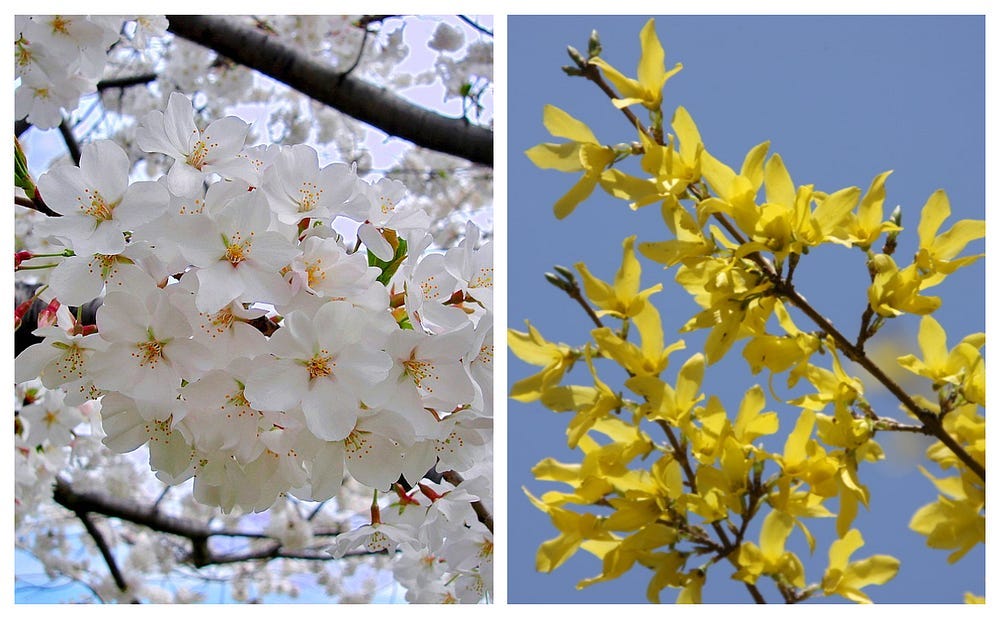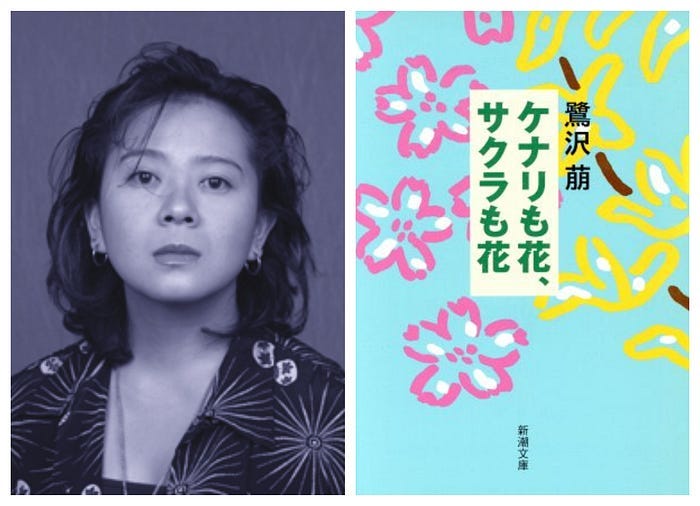South Korea and Japan: Are We Finally Overcoming The Past?
Positive signs I have witnessed in four major cities around the world

Anyone interested in East Asia will know the political and emotional rift between Japan and South Korea. This is mainly due to the fact that for 35 years, Japan ruled the Korean Peninsula as a colony, from the annexation of Korea in 1910 to Japan’s defeat in World War II in 1945.
I won’t go into the details of this history in this article, because it’s not a simple story that can be told in a short article. What I can say is that it’s perfectly natural for Koreans to feel anger towards Japan. Japan brought to Korea the sorrow and pain that inevitably accompany all forms of colonial rule.
However, our lives go on. We change, adapt, and show remarkable resilience in the face of our sad history.
Now, 80 years after the end of World War II, and 60 years since the normalisation of diplomatic relations, I feel that the rift that had lain between the two countries is gradually being repaired. According to a 2024 survey, 57.3% of South Koreans aged 18–39 have a positive impression of Japan. Another survey conducted the same year showed that 52.8% of Japanese people also felt a sense of closeness towards South Korea.
This positive trend has been consistent with what I have witnessed in Japan, Korea, Canada, and the UK over the past 20 years. Today, I will be writing about this topic from the perspective of a Japanese person. I would be happy if you could think about how we can overcome our difficult history together, regardless of your nationality.
Megumu Sagisawa: My favourite writer found out she was Korean

I have many favourite authors, but if asked to name the one who has influenced me most, the answer would be Megumu Sagisawa. She was also the first person to make me aware of the difficulties in Japan-Korea relations, so I would like to introduce her first.
Born in Tokyo in 1968, she won a literary award at 18. Her mature writing style, warm perspective on humanity, and lovely appearance made her an instant sensation. She majored in Russian at Sophia University in Tokyo, which led me to study French at the same university later in life.
However, her life in the limelight was not as simple as it might seem. Like many writers, she had her own problems to overcome. I won’t go into the details, but she started writing novels at such a young age due to financial difficulties in her family. She later dropped out of university and also went through a divorce.
She was in her 20s when she discovered that her paternal grandmother was from Taechon, which is now part of North Korea. Her grandmother had lived in Japan, concealing this fact. When the author learned of her unexpected roots, she decided to study the Korean language at a university in Seoul.
However, relations between the two countries at the time were tense, and she was laughed at for her imperfect language skills. The harshest criticism came from the editors of various Korean media outlets who had requested an interview with her. Sagisawa was reprimanded for ‘not writing more novels that focus on Korea as a Korean author’, and she was depressed.



